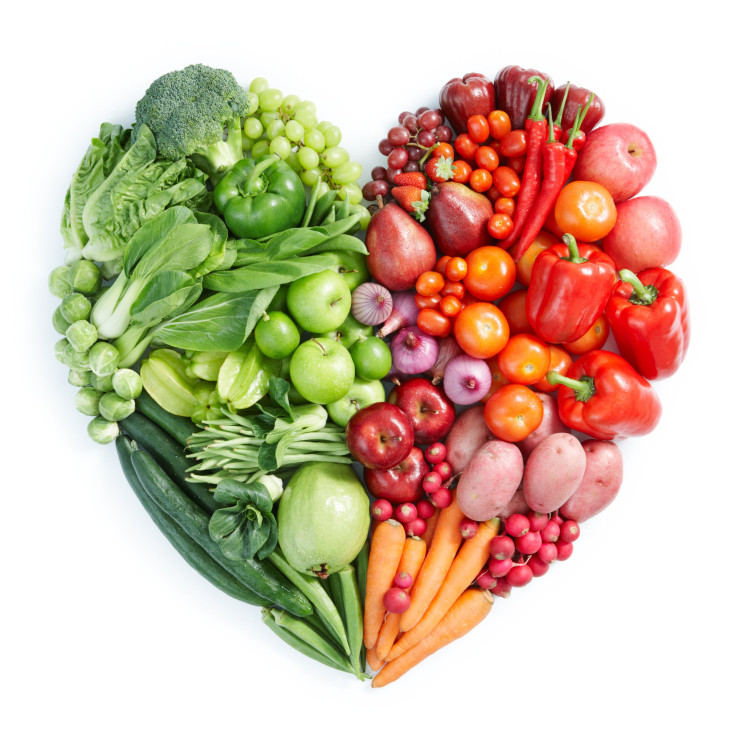Is There Really A ‘Best Diet’? Scientists Say Eat ‘Real’ Food, And Not Too Much Of It

Every new diet makes the claim that it has an edge over the others. But does a “best diet” exist?
According to U.S. News & World Report, the DASH diet ranks number one for best diets overall in 2014, followed by the TLC diet and the Mayo Clinic Diet. The Mediterranean diet, which has received plenty of approval lately and touts foods rich in healthy fats like olive oil and fish, comes in at number four. But in spite of all the press and advertising surrounding most common diets, a group of scientists from Yale believe that the best diet of all is quite simple: eating "real" food.
Researchers Dr. David Katz and Stephanie Meller decided to dig into this age-old question in their study, “Can We Say What Diet Is Best for Health?” The study identifies and compares current major diets, including low carb, low fat, low glycemic, Mediterranean, DASH, Paleolithic, vegan, and is the first study to closely compare a wide range of different diets. “There have been no rigorous, long-term studies comparing contenders for best diet laurels using methodology that precludes bias and confounding,” the authors wrote in the study. “For many reasons, such studies are unlikely.”
Perhaps it’s no surprise that Katz and his fellow authors were unable to pinpoint one particular best diet. Ultimately, the authors conclude that eating “minimally processed foods close to nature, predominantly plants, is decisively associated with health promotion and disease prevention” are the way to go. Some of the benefits of a vegetable or plant-rich diet include a decreased risk of cancer and heart disease: These foods range from basic fruits and vegetables to whole grains, nuts, and seeds.
Meanwhile, there are some good fats and bad fats, so is it necessary to avoid all fat? The researchers found “no decisive evidence” that low-fat diets trump healthful fat diets, such as the Mediterranean.
The advice is similar to what Michael Pollan, a journalist and author of The Omnivore’s Dilemma, has written about. “Eat food,” he wrote in The New York Times back in 2007. “Not too much. Mostly plants.”
Pollan believes that a bit of meat won’t kill you, “though it’s better approached as a side dish than as a main,” he wrote. “Once, food was all you could eat, but today there are lots of other edible foodlike substances in the supermarket.”
Katz was inspired to research diets back when he was working on his residency in internal medicine in 1993, during which “Actual Causes of Death in the United States” was published in the Journal of the American Medical Association. The seminal research stated that diet was a major factor in causing deaths in 1990, listed along with causes like tobacco, alcohol, microbial agents, toxic agents, firearms, and drugs. “The evidence that with knowledge already at our disposal, we could eliminate 80 percent of chronic disease is the basis for everything I do,” Katz told The Atlantic. “Here we are more than 20 years later and we’ve made just about no progress.”
At the end of the day, Katz believes it’s not about which diet is better; but rather creating a unified public health front about how to simply eat well in moderation. This means getting a wide range of foods, preferably natural and plant-based, but eating healthy fats and carbs and meats shouldn’t be avoided. “I don’t have a dog in the fight,” Katz told The Atlantic. “I don’t care which diet is best. I care about the truth.”
Published by Medicaldaily.com



























